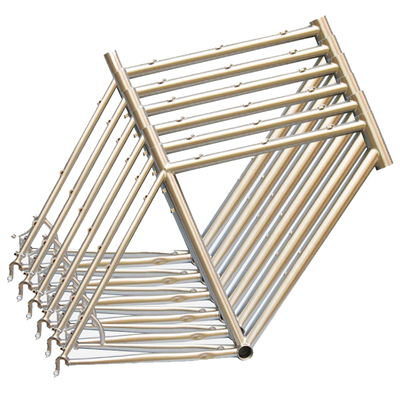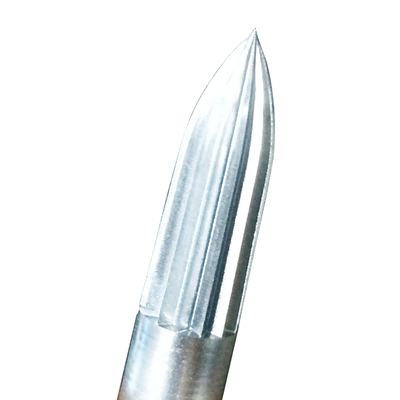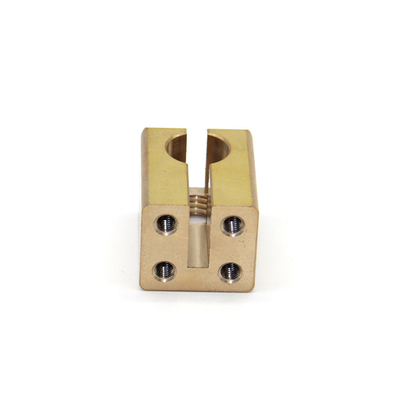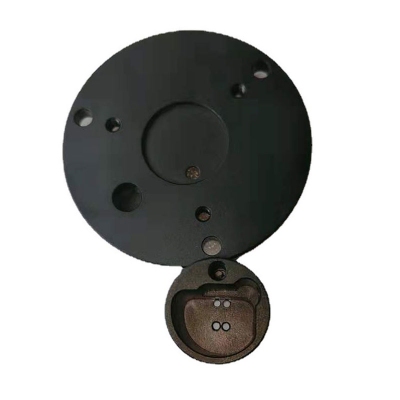Ultra-thin air-tight coating for PET bottles
If polymers are specifically used to form and deposit on the surface surrounding the plasma, they can be coated in a targeted manner. Due to this so-called plasma-enhanced chemical vapor deposition (PECVD), for example, an ultra-thin air-tight coating can be applied to the inside of a PET bottle to ensure a longer service life of the contents, or to protect organic light-emitting diodes (OLED) from Moisture causes the TV screen to work for a long time. The General Electrical Engineering and Plasma Technology and Experimental Physics II teams at the Ruhr University Bochum (RUB) have perfected this technology.
Longer shelf life of milk and medicine
Deposition is only possible because the plasma is cold, so it will not damage the PET bottle or other surfaces to be coated. Only the fast electrons in the plasma are hot, they will not damage the surface. The glass-like coating of the plastic is only 20 to 30 nanometers thin, ensuring that the gas escaping through the bottle is reduced by 10 to 100 times. This will extend the shelf life of soft drinks from the first four weeks to about one year. This method is also suitable for the packaging of milk and other foods, medicines and even microelectronic components. “This type of coating is also environmentally friendly because trace amounts of material can be ignored in the recycling process, explains Dr. Marc Böke from the RUB Department of Experimental Physics II.
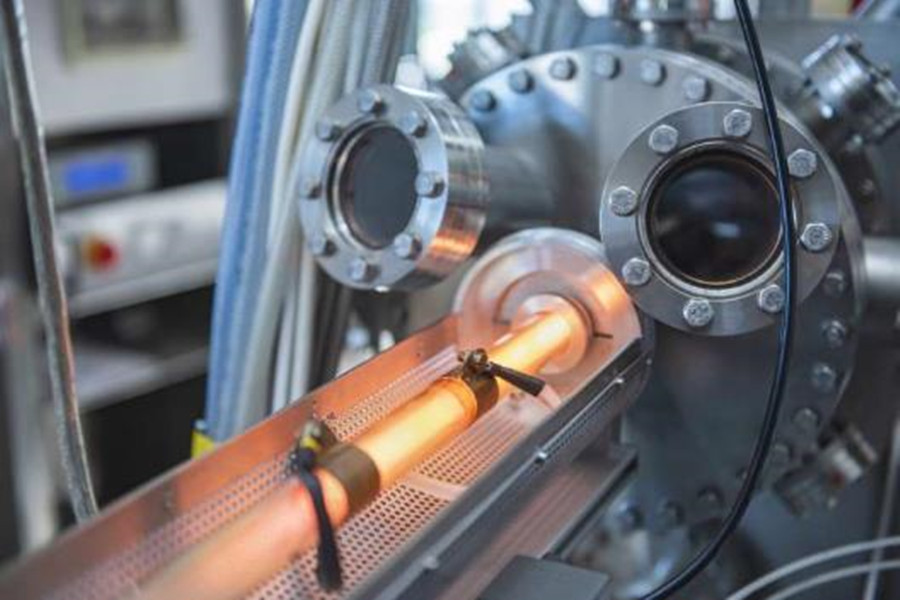
Oxygen reminder balance
The challenge lies in the formation of the control layer. Not only should these layers be ultra-thin, but they should also be absolutely dense, gap-free and uniform, explains Marc Böke. The adjustment screws used for this are manifold. On the one hand, it depends on the gas mixture. Atomic oxygen is a particularly important participant. The pressure at which the plasma is operated is also important. Likewise, the geometry of the reactor and the choice of energy source will affect what happens in the plasma and how it affects the surrounding surfaces. For example, a suitable plasma can be ignited by microwaves, or by inductive or capacitive coupling radio frequency. Generally speaking, plasma reactors of different sizes are possible, up to the huge size required to cover the entire window glass of a high-rise building.
Measurement technology must be developed
Researchers have gradually been able to understand and refine many aspects of possible processes. For example, PET bottles are cleaned and activated before coating, or plasma can be used. But here, the surface of the bottle will also change, which in turn will affect the subsequent coating. The measurement of the particle flow during the cleaning process reveals what happened during the process. If all these aspects are taken into consideration during the cleaning process and run in an optimal way, this will have a considerable impact on the success of subsequent coatings. We can increase the impermeability by a factor of 100 initially (depending on the substrate material ), by correctly setting the previous cleaning, it can be increased to 500 times, Peter Awakowicz said.
The latest applications currently being developed have an advantage out of necessity: if people really want the layer to be as dense and defect-free as possible, defects such as tiny holes in the coating are almost unavoidable. They allow the research team to use plasma coatings to develop non-expandable filter membranes with previously unknown properties. They can desalinate water or separate gases from each other, for example to separate oxygen from CO 2.
Link to this article:Ultra-thin air-tight coating for PET bottles
Reprint Statement: If there are no special instructions, all articles on this site are original. Please indicate the source for reprinting:https://www.cncmachiningptj.com/,thanks!
 Sheet metal, beryllium, carbon steel, magnesium, 3D printing, precision CNC machining services for heavy equipment, construction, agriculture and hydraulic industries. Suitable for plastics and rare alloys machining. It can turn parts up to 15.7 inches in diameter. Processes include swiss machining,broaching, turning, milling, boring and threading. It also provides metal polishing, painting, surface grinding and shaft straightening services. The production range(include aluminum die casting and zinc die casting) is up to 50,000 pieces. Suitable for screw, coupling, bearing, pump, gearbox housing, drum dryer and rotary feed valve applications.PTJ will strategize with you to provide the most cost-effective services to help you reach your target,Welcome to Contact us ( [email protected] ) directly for your new project.
Sheet metal, beryllium, carbon steel, magnesium, 3D printing, precision CNC machining services for heavy equipment, construction, agriculture and hydraulic industries. Suitable for plastics and rare alloys machining. It can turn parts up to 15.7 inches in diameter. Processes include swiss machining,broaching, turning, milling, boring and threading. It also provides metal polishing, painting, surface grinding and shaft straightening services. The production range(include aluminum die casting and zinc die casting) is up to 50,000 pieces. Suitable for screw, coupling, bearing, pump, gearbox housing, drum dryer and rotary feed valve applications.PTJ will strategize with you to provide the most cost-effective services to help you reach your target,Welcome to Contact us ( [email protected] ) directly for your new project.
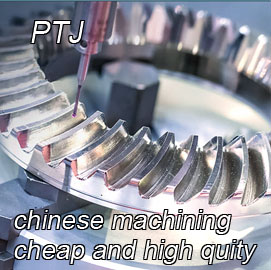
- 5 Axis Machining
- Cnc Milling
- Cnc Turning
- Machining Industries
- Machining Process
- Surface Treatment
- Metal Machining
- Plastic Machining
- Powder Metallurgy Mold
- Die Casting
- Parts Gallery
- Auto Metal Parts
- Machinery Parts
- LED Heatsink
- Building Parts
- Mobile Parts
- Medical Parts
- Electronic Parts
- Tailored Machining
- Bicycle Parts
- Aluminum Machining
- Titanium Machining
- Stainless Steel Machining
- Copper Machining
- Brass Machining
- Super Alloy Machining
- Peek Machining
- UHMW Machining
- Unilate Machining
- PA6 Machining
- PPS Machining
- Teflon Machining
- Inconel Machining
- Tool Steel Machining
- More Material

